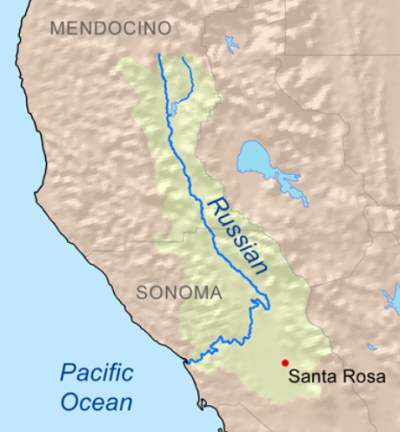I became fluent in German many years ago. Here are my tips:
- learn correct pronunciation, in the beginning. Best to have personal coaching and feedback. It's hard to unlearn poor pronunciation. And pronunciation is a real challenge for many languages, since there can often be NO parallel sounds in english. For German, you need someone to teach you how to move your mouth and tongue to make the sounds.
- learn the basic grammar and sentence structure rules, in the beginning. Refresh regularly.
-
Easy German is my preferred tool- you see both the english and german, and hear the words. Youtube has movies with CC (subtitles) that you can set to english or autotranslate. I even found I could understand some old Hitler speeches, but he seemed to always be yelling, which is harder to understand. Plus he had that austrian accent, which is a bit different from high german.
- Duolingo is fun and helps with motivation, but I combine with other tools.
- I'm missing practicing the "speaking" portion. I haven't found the best way to find someone who will talk in german with me.

